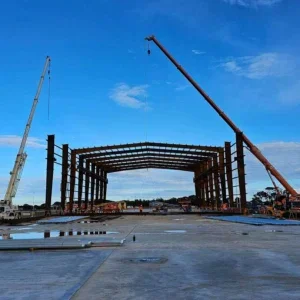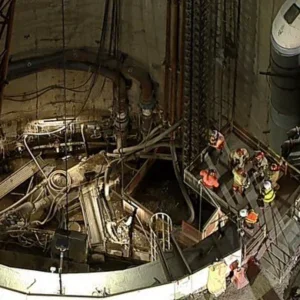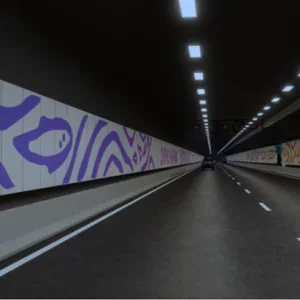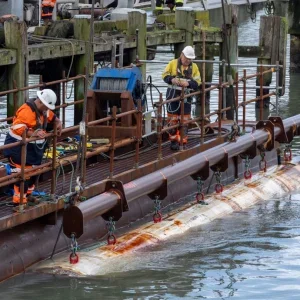France’s Campenon Bernard and Japan’s Maeda Corporation have been left footing a US$96M bill for compensation after the contractors and the Hong Kong government agreed to halt further legal action over a troubled sewage tunnel project.
But the deal has outraged some local lawmakers who believed Campenon Bernard/Maeda (CBM) should have been forced to pay a further US$70M in damages after walking off the job in 1996. They also criticised the government’s willingness to allow both firms to continue to tender for future public works contracts.
Democrat legislator Martin Lee Chu-ming said: "It is very clear that the contract was breached this time, but it [the company] can come back to bid again and pretend that nothing has even happened. Are we encouraging other contractors to breach contracts arbitrarily?"
However deputy secretary for works Kwok Ka-keung said it was a reasonable agreement which would otherwise have taken years to resolve. He said: "The issue could take more than 10 years to finish all legal proceedings."
The contractors have already made the first staged payment. A second will follow next year and the third in 2003.
Maeda has already tendered for several projects including a highway scheme, but Campenon Bernard, now part of Vinci Construction, has been left so bruised by the row it is unlikely to seek future work.
Maeda Corporation reports that payment of its Yen5.8bn share of the compensation package will cause a greater than expected loss in the current financial year. It will book a special loss of Yen4.4bn, while the remaining Yen1.4bn has already been written off in the previous year.
The agreement was reached as CBM was launching appeal proceedings after the failure of an arbitration in the summer to decide how much CBM should pay, after losing an earlier arbitration. This decision followed three separate hearings that ruled CBM was wrong to stop work on its US$192M tunnelling contract in summer 1996. CBM, with contracts to build a 25kmlong, deep tunnel sewerage network in six drives, had claimed water ingress in two of the tunnels made it too dangerous under the existing contract conditions to continue. As a result it stopped work on all six bores that ran across the Kowloon peninsula and eastern part of Hong Kong Island.
The arbitrator, though largely finding in favour of the government said CBM should have continued working on the remaining four tunnels.







